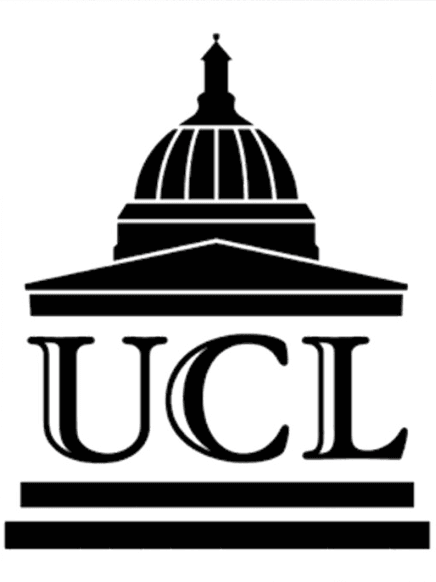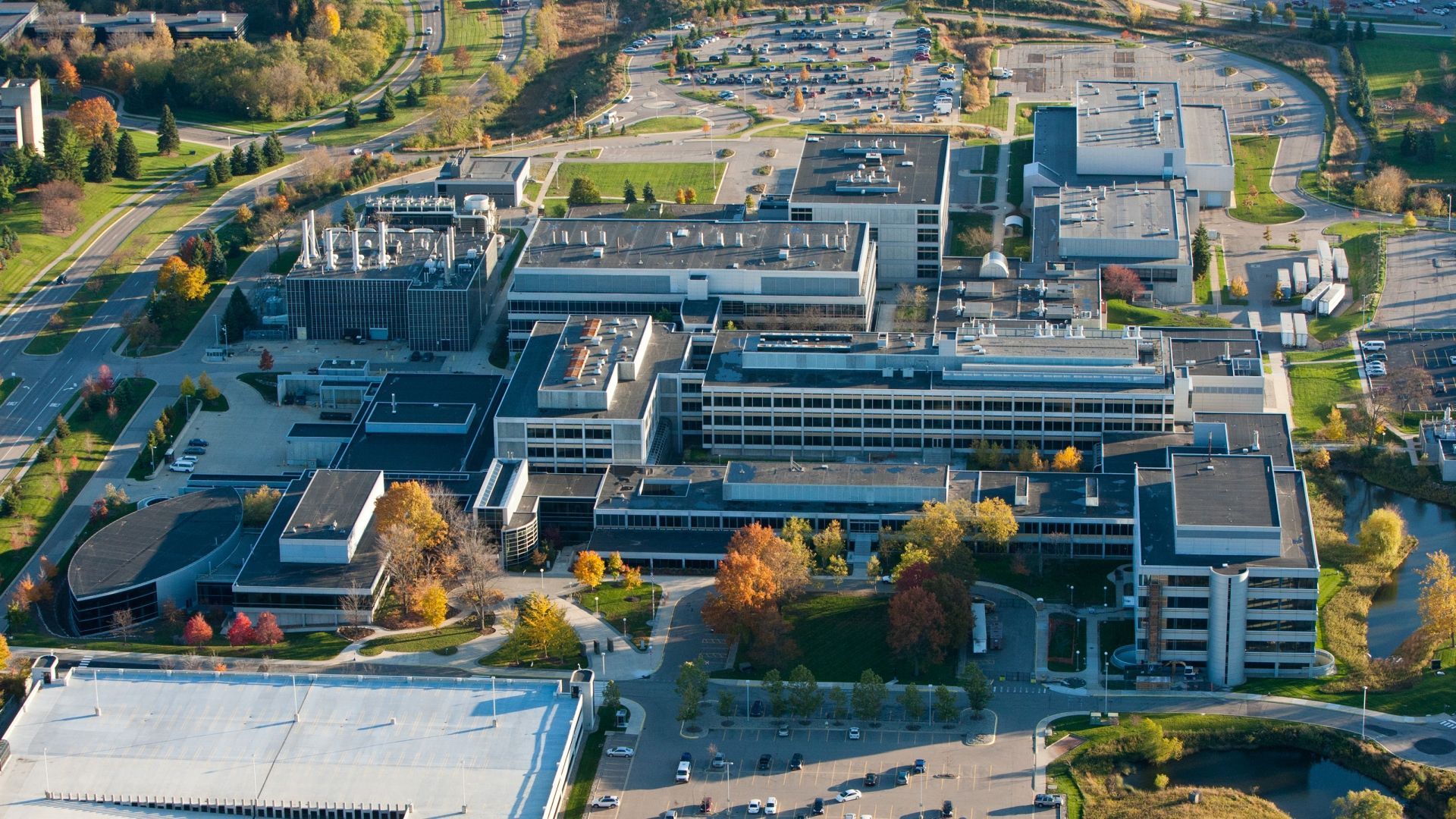
University College London (UCL)

Dr Michael Spence AC
Summary
University College London (UCL) is a public research university located in London, United Kingdom. It was founded in 1826 as London University and is the third oldest university in England. UCL is a member of the prestigious Russell Group of universities and consistently ranks among the top universities in the world.
UCL is a multi-disciplinary university with over 40 departments and institutes, offering undergraduate and postgraduate degrees in a wide range of subjects, including arts and humanities, social and historical sciences, life sciences, engineering, and more. UCL has a strong focus on research and is one of the world's top universities for research excellence.
UCL is also known for its commitment to inclusivity and community engagement, with a diverse student body and partnerships with institutions around the world. The university has over 42,000 students from 150 countries and a large alumni network of 350,000 in 190 countries.
UCL has a reputation for producing successful graduates who go on to make significant contributions to their fields. The university has a high job integration rate, with over 90% of graduates finding employment or further study within six months of graduation. UCL is a highly respected and internationally recognized institution, with a rich history of academic excellence and a strong commitment to research, innovation, and community engagement.
History
University College London, commonly referred to as UCL, is a public research university located in London, United Kingdom. UCL was founded in 1826 as London University and became the first university in London to be established without religious affiliation. The founders of UCL wanted to create a university that would be accessible to people of all races, genders, and beliefs.
Initially, UCL was composed of a single faculty, which was the Faculty of Arts. However, over time, other faculties were established, such as the Faculty of Laws in 1828, the Faculty of Medicine in 1834, and the Faculty of Engineering in 1871. Today, UCL has 11 faculties covering a wide range of disciplines, including arts and humanities, social and historical sciences, laws, engineering, mathematical and physical sciences, medical sciences, and more.
Throughout its history, UCL has been a pioneer in research and education. The university has produced many notable alumni, including 30 Nobel laureates, numerous heads of state and government, and leaders in various fields. UCL has also played a significant role in many groundbreaking discoveries and inventions, such as the discovery of the structure of DNA, the invention of the CT scanner, and the development of the Internet.
UCL has a long tradition of advocating for social justice and inclusivity. The university was one of the first in the United Kingdom to admit women on equal terms with men, and it also admitted students of all religions and races. UCL has also been at the forefront of campaigns for workers' rights, gender equality, and the abolition of slavery.
In recent years, UCL has expanded its global reach through partnerships with universities and institutions worldwide. The university has a strong network of alumni, with over 350,000 graduates in 190 countries. UCL is also committed to addressing global challenges, such as climate change, health inequalities, and poverty, through interdisciplinary research and education.
Today, UCL is considered one of the top universities in the world, consistently ranking in the top 20 in global university rankings. The university's motto, "Cuncti adsint meritaeque expectent praemia palmae," which means "Let all come who by merit deserve the most reward," reflects UCL's commitment to academic excellence, inclusivity, and diversity.
Courses
University College London (UCL) offers a wide range of undergraduate and graduate courses across various disciplines. Here is a brief overview of some of the courses offered at UCL:
Undergraduate Courses:
- Arts and Humanities: UCL offers undergraduate courses in subjects like English, History, Languages, Philosophy, and Classics.
- Business and Management: UCL offers undergraduate courses in Accounting and Finance, Business Management, and Information Management for Business.
- Engineering: UCL offers undergraduate courses in various branches of engineering, including Chemical Engineering, Civil and Environmental
- Engineering, Electronic and Electrical Engineering, Mechanical Engineering, and Medical Engineering.
- Law: UCL offers undergraduate courses in Law, including Law with French Law, Law with German Law, and Law with Hispanic Law.
- Life Sciences: UCL offers undergraduate courses in various life sciences fields, including Biological Sciences, Biomedical Sciences, and Neuroscience.
- Mathematics and Statistics: UCL offers undergraduate courses in Mathematics, Applied Mathematics, and Statistics.
- Physical Sciences: UCL offers undergraduate courses in various physical sciences fields, including Chemistry, Earth Sciences, Physics and Astronomy, and Natural Sciences.
- Social and Historical Sciences: UCL offers undergraduate courses in Anthropology, Economics, Geography, Political Science, Psychology, and Sociology.
Graduate Courses:
- Architecture: UCL offers graduate courses in Architecture, Landscape Architecture, Urban Design, and Architectural History.
- Arts and Humanities: UCL offers graduate courses in various Arts and Humanities fields, including English Literature, History, Philosophy, and Film Studies.
- Business and Management: UCL offers graduate courses in various Business and Management fields, including MBA, Finance, and Information Management for Business.
- Education: UCL offers graduate courses in Education, including Educational Leadership, Teaching and Learning, and Education and International Development.
- Engineering: UCL offers graduate courses in various branches of engineering, including Chemical Engineering, Civil Engineering, Mechanical Engineering, and Engineering for International Development.
- Law: UCL offers graduate courses in various law fields, including Law, International Business Law, and Law and Economics.
- Life Sciences: UCL offers graduate courses in various life sciences fields, including Biomedical Sciences, Neuroscience, and Medical Physics and Biomedical Engineering.
- Mathematics and Statistics: UCL offers graduate courses in Mathematics, Applied Mathematics, and Statistics.
- Medicine: UCL offers graduate courses in Medicine, including Clinical Medicine, Medical Sciences and Translational Research, and Global Health.
- Physical Sciences: UCL offers graduate courses in various physical sciences fields, including Chemistry, Earth Sciences, Physics and Astronomy, and Materials Science and Engineering.
- Social and Historical Sciences: UCL offers graduate courses in various Social and Historical Sciences fields, including Anthropology, Economics, Geography, Political Science, Psychology, and Sociology.
UCL also offers a range of online courses through its UCL Connect platform, including courses in subjects like Data Science, AI, Public Health, and Business.
Global MBA rankings
University College London (UCL) Global MBA program has been consistently ranked among the top business schools in the world. According to the Financial Times Global MBA Ranking 2022, UCL's Global MBA program is ranked 14th in the world and 6th in Europe.
The ranking is based on various factors such as alumni salaries, career progression, value for money, diversity, research, and faculty. UCL's Global MBA program has scored high in several of these factors, which has contributed to its high ranking.
The program has been praised for its strong emphasis on experiential learning and its commitment to providing a global perspective. The MBA curriculum is designed to help students develop the skills and knowledge necessary to navigate the complex and rapidly changing global business environment.
In addition to the Financial Times ranking, UCL's Global MBA program has also been recognized by other prestigious rankings such as the QS Global MBA Rankings and the Economist MBA Rankings. The program was ranked 23rd in the QS Global MBA Rankings 2022, and 44th in the Economist MBA Rankings 2021.
These rankings are a testament to the quality of education and the global reputation of UCL's Global MBA program. Students who choose to pursue an MBA at UCL can expect to receive a world-class education that will prepare them for leadership roles in today's dynamic and competitive global business environment.
Job integration rate
The job integration rate of University College London graduates is very high. According to the 2021 UCL Graduate Outcomes Survey, which is conducted annually to track the career destinations of UCL graduates six months after they complete their studies, 95% of UCL graduates are in employment, further study, or a combination of both.
In terms of employment, 82% of UCL graduates secured employment in a professional or managerial role, with a median salary of £30,000 to £35,000. This indicates that UCL graduates are highly sought after by employers, and the skills and knowledge gained from their UCL education are valued in the job market.
UCL provides its students with numerous opportunities to gain real-world experience and build valuable skills through internships, placements, and other work-related experiences. The university's Careers Service also offers a range of resources and support to help students and alumni with job applications, career planning, and networking.
Overall, UCL's high job integration rate reflects the university's commitment to providing its students with a world-class education that equips them with the skills and knowledge needed to succeed in their chosen careers.
General information
https://uk.linkedin.com/school/university-college-london/
https://www.topuniversities.com/universities/ucl
https://www.usnews.com/education/best-global-universities/university-college-london-501693
https://studyabroad.shiksha.com/uk/universities/university-college-london
https://www.futurelearn.com/partners/ucl
https://www.thecompleteuniversityguide.co.uk/universities/ucl-university-college-london
https://www.mastersportal.com/universities/271/university-college-london.html
http://russellgroup.ac.uk/about/our-universities/university-college-london/
https://www.timeshighereducation.com/world-university-rankings/ucl
Explore the latest data on Business, Industry Leaders and Influencers, Organizations, Education, and Investors to stay informed and ahead.

Dr Michael Spence AC
